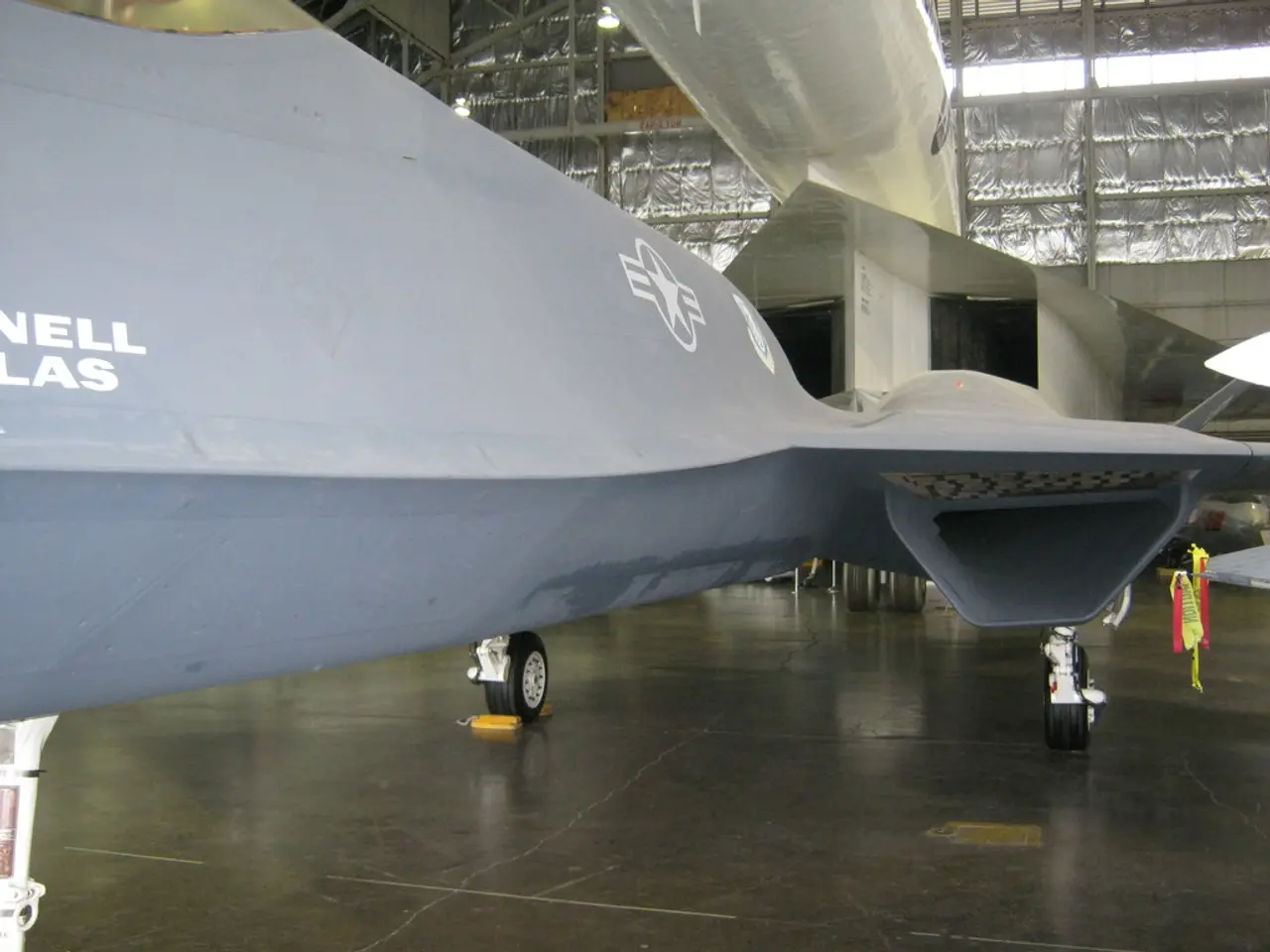Clean energy companies HyFlux and AMRC secure financing from ATI for game-changing advancements in aeroplane cooling systems linked to clean aviation.
September has been a month brimming with exciting news in the world of sustainable aviation. Here's a snapshot of some of the key developments:
18th September, 2025
HyFlux, a pioneer in propulsion technologies, announced its collaboration with the University of Sheffield Advanced Manufacturing Research Centre (AMRC) to create a cryogenic cooling system for hydrogen-electric aircraft. The project, named SUPERCOOL, is a £1.5m initiative, with the Aerospace Technology Institute (ATI) Programme funding £1.1m towards the work.
18th September, 2025
In another significant development, the National Centre for Manufacturing (NCC) adopted Dassault Systèmes' 3DEXPERIENCE platform on the cloud and extended its use to other innovation centres within the UK High Value Manufacturing Catapult network.
1st September, 2025
AIR, a leading OEM for midsize eVTOLs, received FAA Experimental Airworthiness Certification for its latest US-based eVTOL prototype. This certification marks a key step in AIR's mission to bring electric aviation to everyday life.
3rd September, 2025
The certification news was followed by an announcement from Lockheed Martin, who will upgrade the Republic of Korea Air Force's F-16 Block 52 flight simulators to mirror the advanced capabilities of its modernised F-16 Viper (F-16V) aircraft.
1st September, 2025
TE Connectivity reported on their role in accelerating innovations and inspiring groundbreaking designs with higher power and voltage solutions for electric aircraft. Their efforts support HyFlux's broader roadmap to decarbonise both aerospace and maritime transport through scalable hydrogen-electric systems.
18th September, 2025
Brookhouse Aerospace has invested over £500,000 in additional machinery to extend its engineering capabilities, as part of the company's wider growth and investment strategy.
HyFlux and the AMRC will work together to create novel designs for the cooling system components such as the heat exchanger. The cryogenic cooling system aims to design, manufacture, and test a system essential to maintaining the optimum operating temperature for the motor and power electronics, which could be as low as minus 240°C.
The AMRC will support engineering validation and integration, while the Institute for Advanced Automotive Propulsion Systems (IAAPS) will provide test infrastructure. IAAPS will utilize its globally-recognised liquid hydrogen (LH2) test facility to complete ground-based validation of the cryogenic cooling system.
The project has strong support from local and national stakeholders, including MP Sadik AI Hassan, who believes it has the potential to place the UK at the forefront of sustainable aerospace.
This is not a repetition of the earlier fact about the SUPERCOOL project, as that project is focused on hydrogen-electric aircraft, while this news pertains to eVTOLs. The investment will see further investment in machining capabilities over the coming months.
The search results do not provide the address of the company AMRC that collaborates with HyFlux on the cryogenic cooling system for hydrogen-electric aircraft. Martin Cullen, strategic business development manager at TE Connectivity, is reporting on this. The adoption of the platform was announced on September 18th, 2025.








